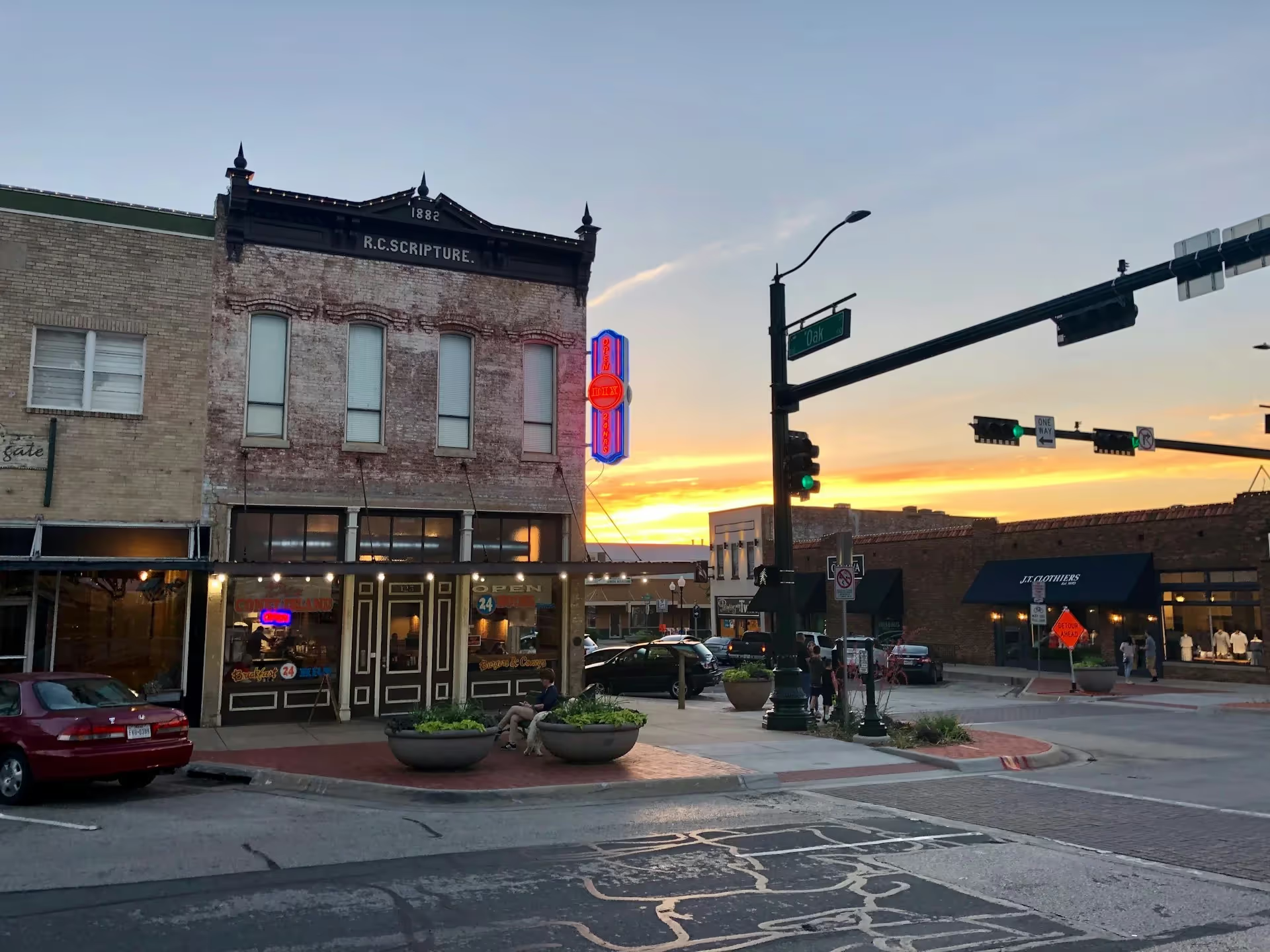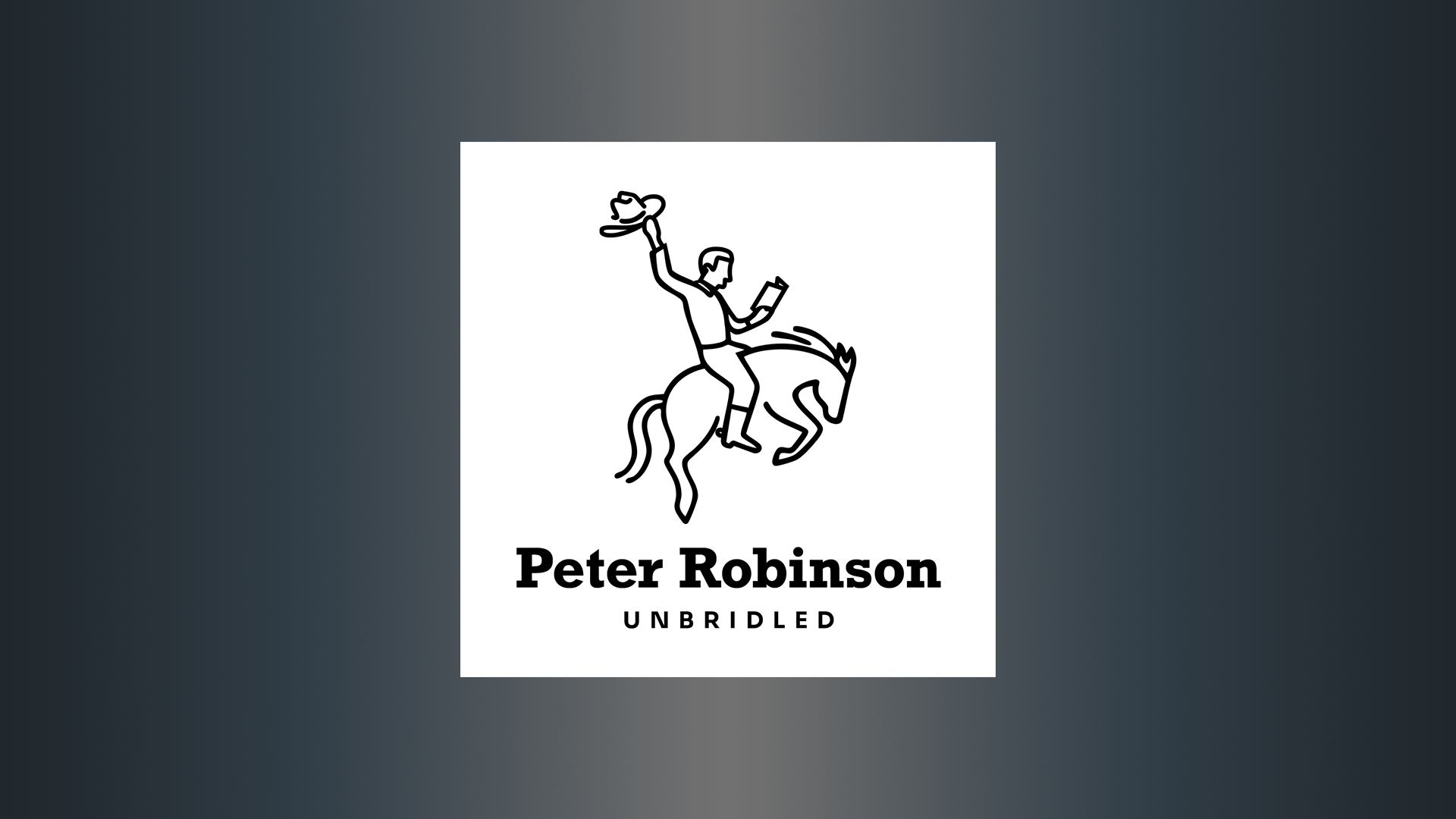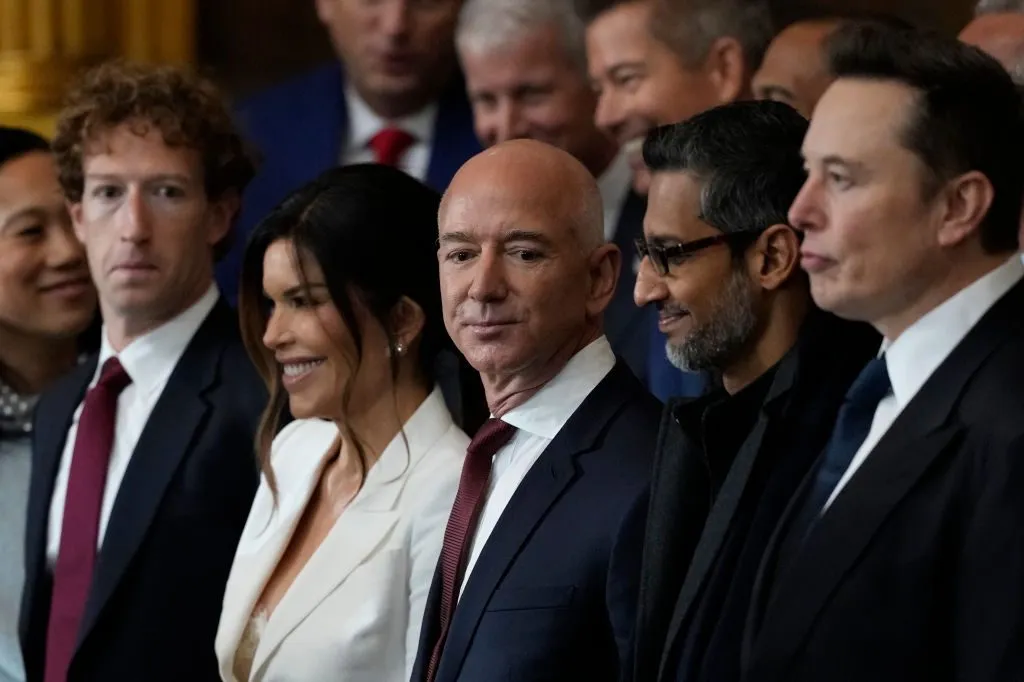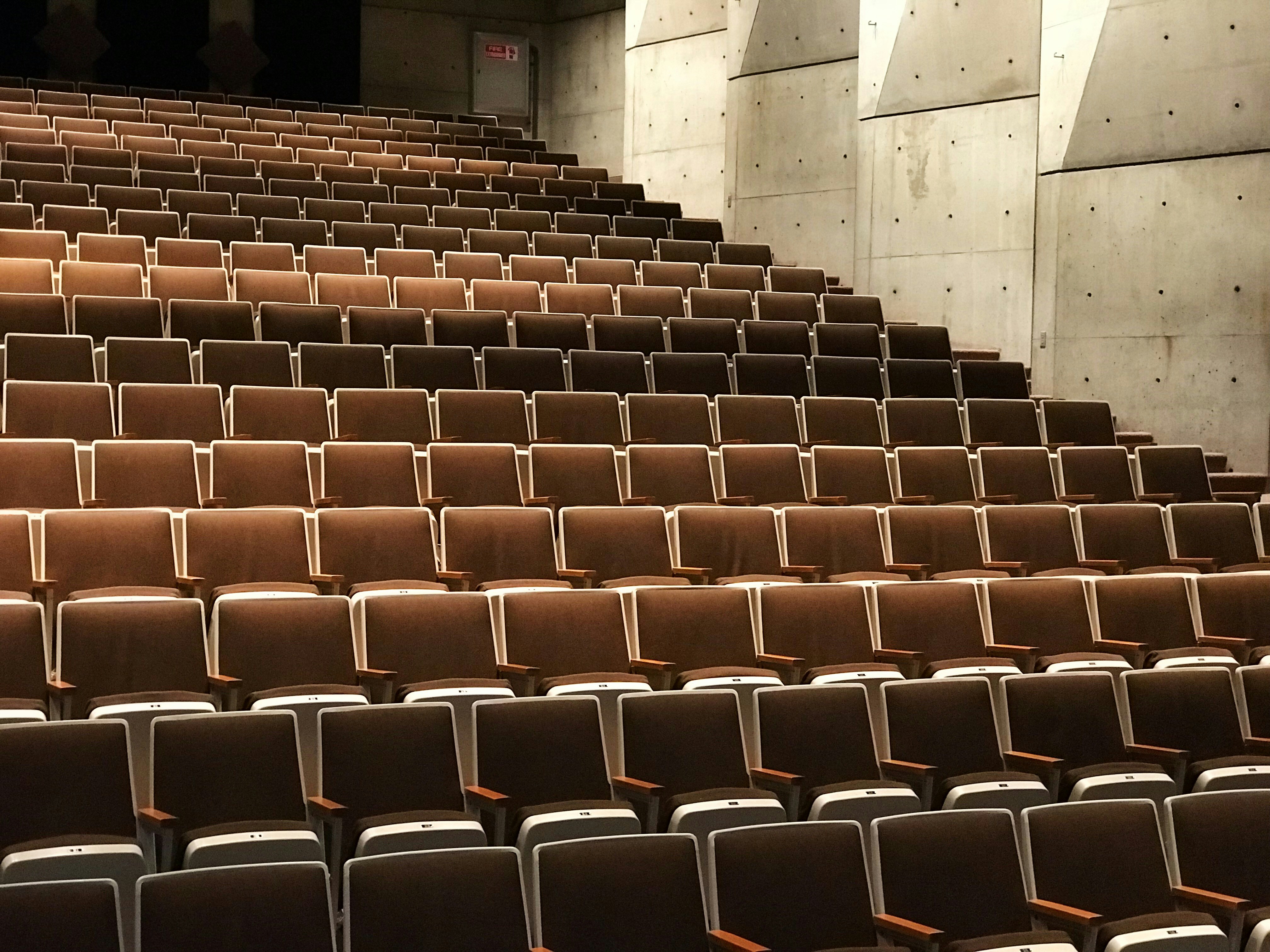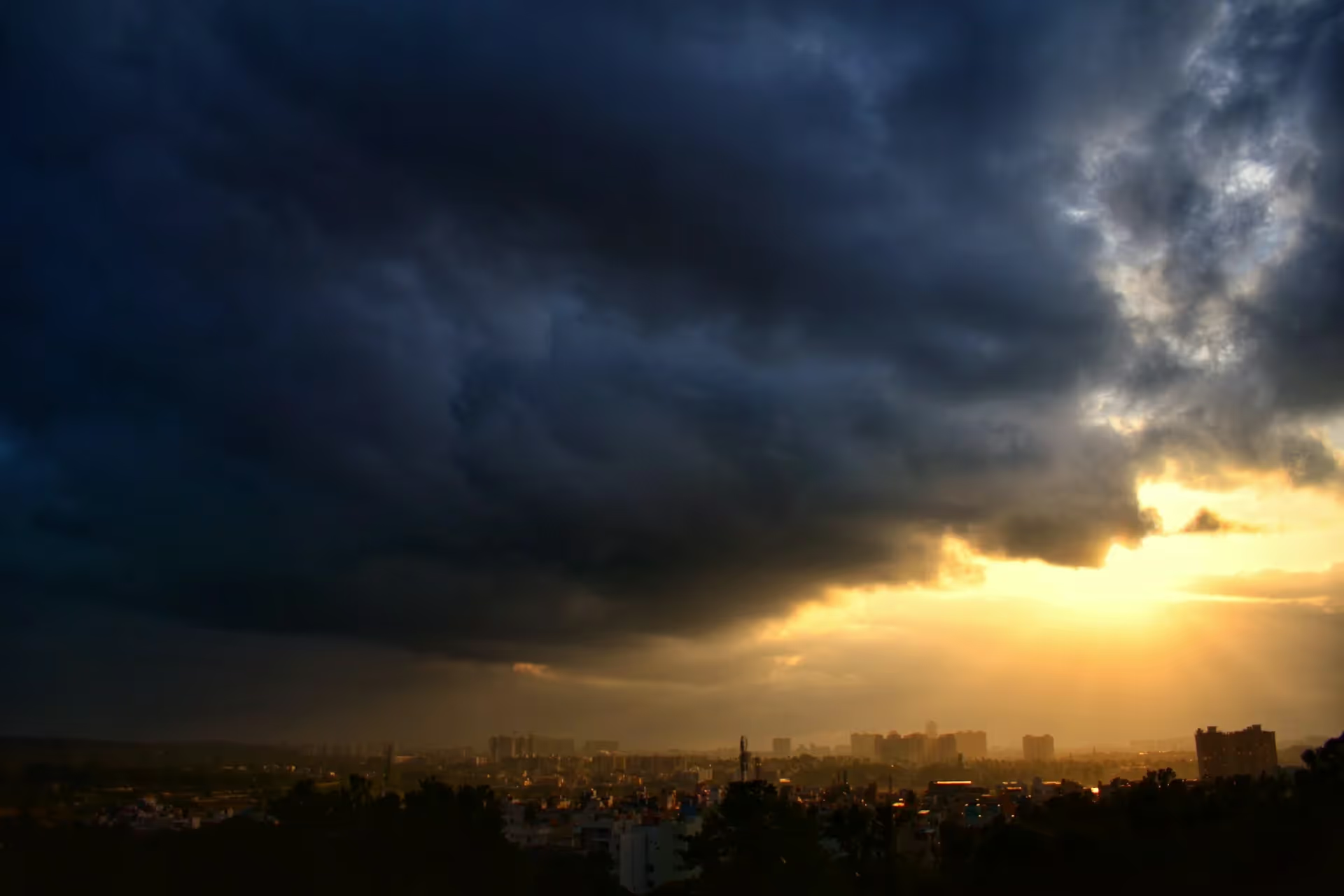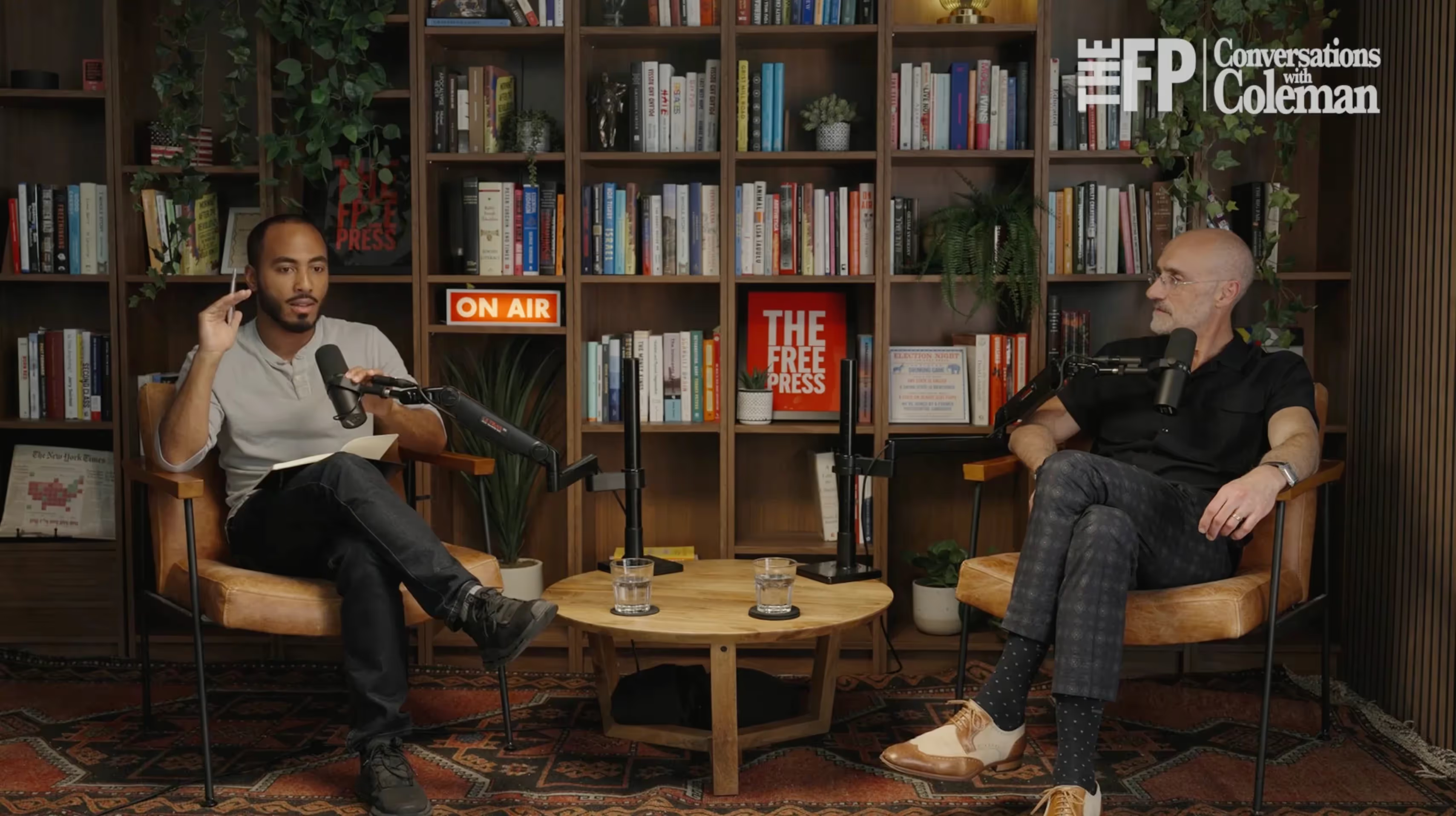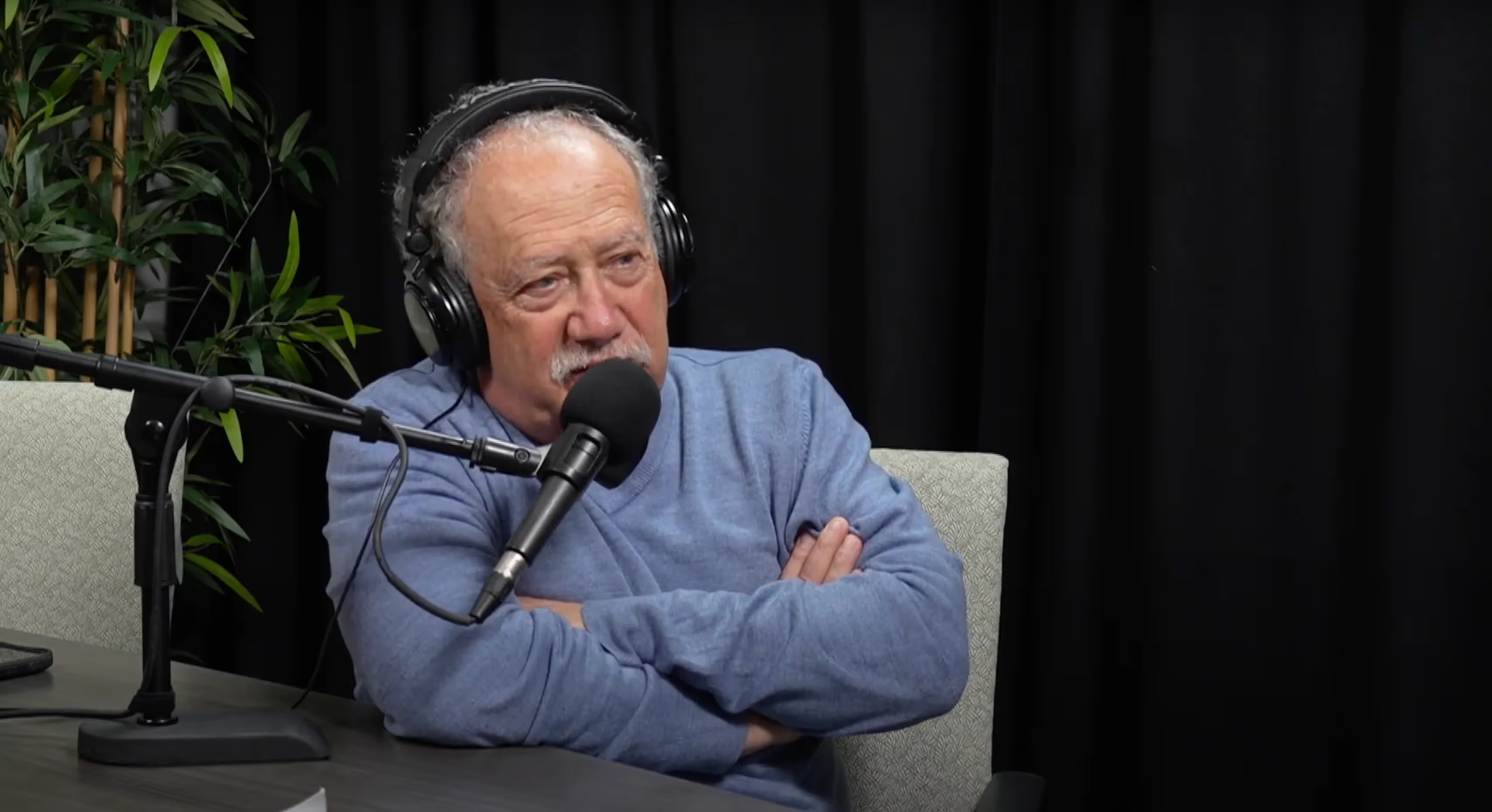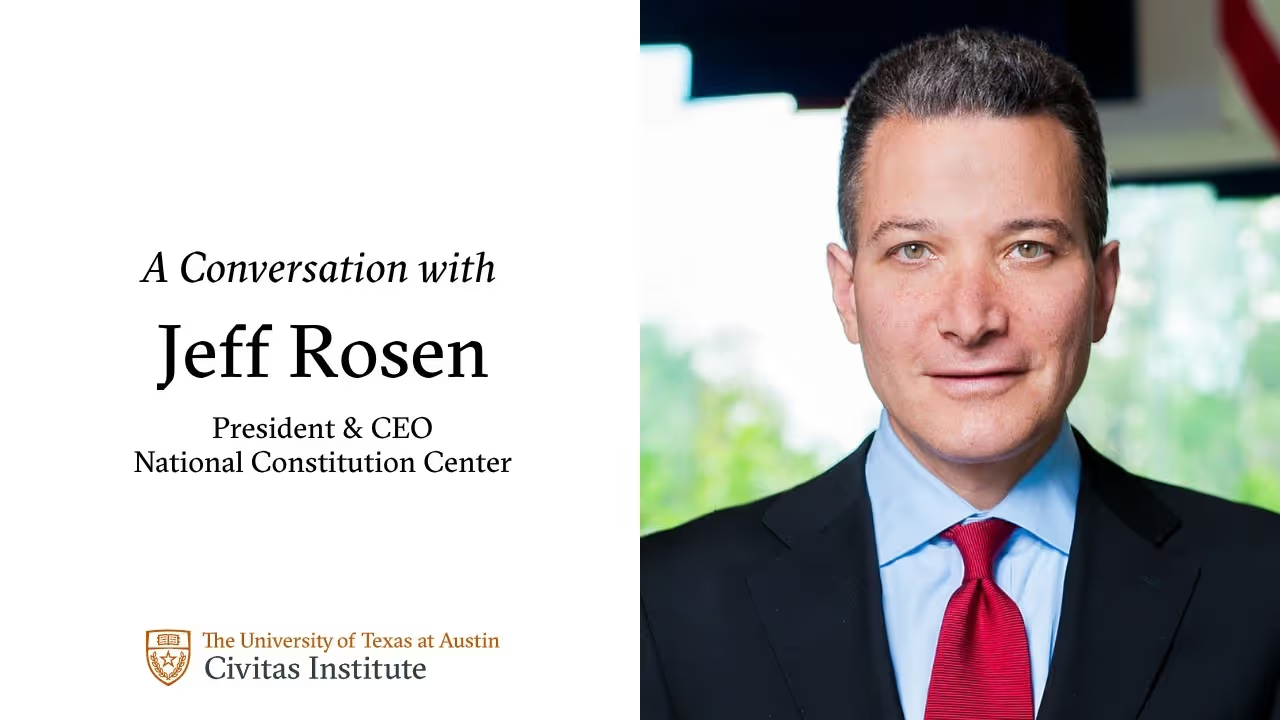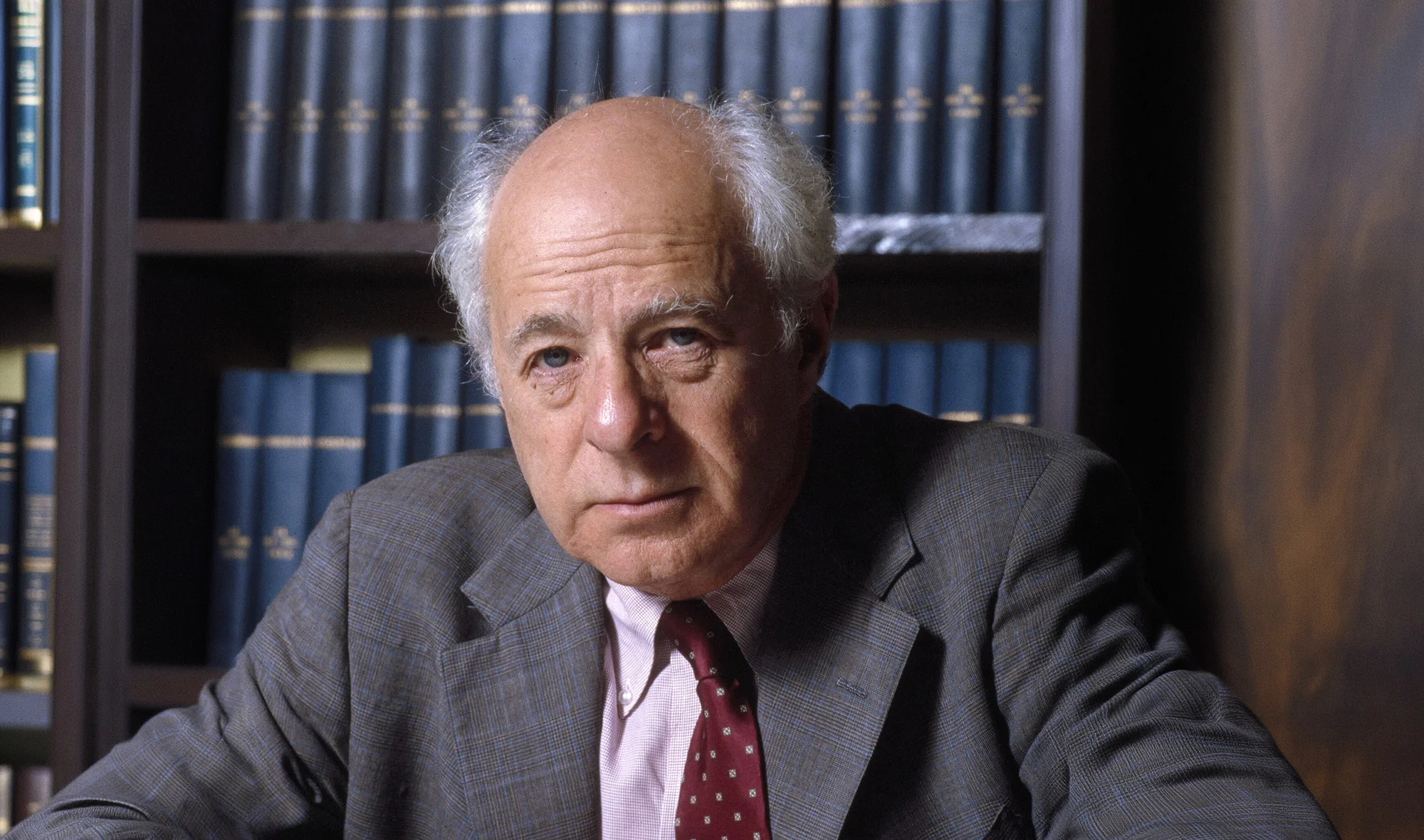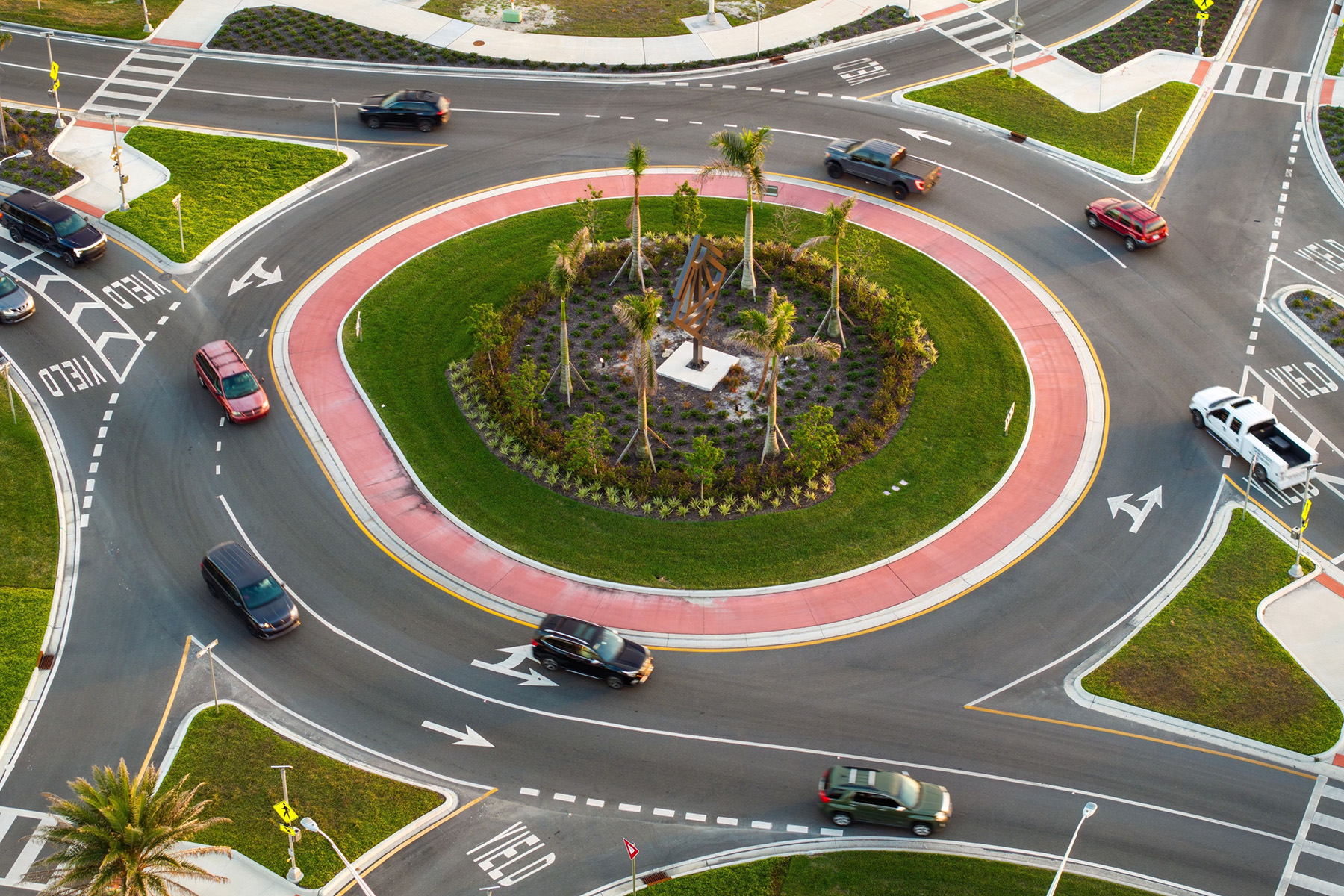
Carl Trueman’s Trek Through the Inferno
The critical theorists have no real capacity to build. They can only destroy.
Western culture is not in a pristine state of health. This has perhaps been true for some time, but in the insanities of wokism, gender theory, and Critical Race Theory, we see a particularly extreme disconnect from reality. Inquiring minds want to know: How did we stumble into this deranged funhouse?
Many books have been written on the subject, exploring the question from different angles. Some, like Yascha Mounk, chart different ideological tributaries that have contributed to modern wokeness, which he views as an unholy amalgamation of postmodernism, postcolonialism, Critical Race Theory, and intersectionality. Others, such as Richard Hanania or Christopher Caldwell, attribute the problem to developments in law and policy, particularly Civil Rights legislation. A coterie of postliberal intellectuals place the blame squarely on liberalism itself, contending that progressive errors flow naturally from liberalism’s emphasis on individual autonomy and freedom. This last set tends to lean heavily into the current of right-wing populism, calling for dramatic upheavals and the overthrow of “the technocratic elite.”
Carl R. Trueman, a professor at Grove City College, is especially worth reading on this subject. An established critic of leftist politics and a regular writer at First Things, he is surely familiar with the populist style but has chosen a more responsible path. Trueman’s work would make an excellent complement to a writer like Mounk, or other disaffected leftists of the sort who appear regularly at The Free Press. He shares many of their concerns but understands, as they generally do not, the deeper philosophical roots of our present disorders. And he transmits that information clearly and dispassionately, unpacking leftist errors without any evident desire to smash institutional furniture or burn the Constitution. His most recent book, To Change All Worlds, explores the origins of critical theory in depth and charts the impact of the Frankfurt School on Western thought and culture. It’s a valuable book, in some ways even extraordinary. But it’s remarkable both for what it does and for what it fails to do.
What it does is explain the Frankfurt School clearly and without rancor, drawing connections to modern progressivism. As Trueman notes, the original Frankfurt School intellectuals, whatever their eventual failings, were grappling with serious questions. Founded in Germany in the 1920s, the school brought together an interdisciplinary group of Marxists who sought to make sense of some of the political upheavals of the era. They were concerned with fascism and Nazism, and in the failure of orthodox Marxism to anticipate the real course of Western economic development. At least on the level of prediction, the Frankfurt School thinkers recognized that Marx’s original theories had performed quite poorly. The early Marxists expected communism to emerge from the failures of capitalism. They were convinced that the immiseration and subjugation of the common man (which, according to Marx and his original supporters, was an inevitable consequence of free markets) would lead the proletariat to revolt against their capitalist overlords. However, it turned out that Marx was a poor economist and a very inaccurate predictor of global events. The first communist revolution took place in impoverished Russia, where social and economic life was still profoundly marked by the remnants of feudalism. Meanwhile, the economically-developed Germany rejected socialism for Nazism. The Frankfurt School was surely attentive to the political crisis in Germany, but it was also grappling with a crisis of Marxism: though it presented itself as an empirical theory, it had been spectacularly wrong time and again.
Since most of them were both Marxists and Jews, the intellectuals of the Frankfurt School were truly imperiled by the rise of Nazism, in ways that the Harvard faculty have never known. They began to flee Germany in the 1930s, reconstituting their Institute at Columbia University. Some eventually returned to Germany, while others, including Herbert Marcuse and Leo Löwenthal, stayed in America. On both sides of the Atlantic, the school incorporated Hegelian and Marxist themes into potent cultural critiques that have significantly shaped social thought. Modern readers can recognize many of the concepts, regardless of whether they have read the original texts. For instance, the Frankfurt School was attentive to how elites or established authorities preserve their privileged status by controlling narratives. They worried about the alienation that stems from both capitalist consumerism and popular culture. They were deeply critical of “traditional theory,” insisting that the goal of higher-level instruction should be transformational reform, not mere understanding. In other words, professors who don’t convert their students into an army of activists are failing in their real mission, functioning as institutional stooges instead of the bold reformers they ought to be. It’s admittedly difficult to disentangle overlapping influences, but modern America’s obsession with activism surely owes at least something to the influence of the Frankfurt School.
Given their background and malign influence, the critical theorists are easily cast into a certain kind of romanticized right-wing narrative: a group of secular Jews flees Nazi Germany, sets up shop in American universities, and proceeds to convert droves of bushy-eyed American naifs to Marxism. It’s the perfect political-theoretical crime! When critical theory re-emerged on the left with a vengeance following the 2020 George Floyd riots, the temptation to scribble horns and pointy beards on the pictures of Adorno and Marcuse became even more acute.
It is to Trueman’s credit, therefore, that he did not write that kind of book. He avoids the (click)bait. He treats the Frankfurt School seriously, starting with Hegel and Marx, noting key features of both German idealism and Marxism, and then showing how these were fused (especially in the work of Karl Korsch and Georg Lukács) into a Hegelian Marxism that sidestepped Marxism’s economic shortcomings by refocusing on culture and individual psychology. Capitalism may make us all materially wealthy, but these theorists suggested that we today are trapped in a different kind of prison, enslaved by false consciousness and the malign cultural narratives of the privileged. Under Max Horkheimer, the Frankfurt School developed this line of thinking into a sustained critique of traditional theory, laying the foundations for critical theory, which relentlessly critiques established authorities and narratives, thereby forcing revolutionary change. Later chapters of the book explore the implications for capitalism and consumerism, as well as for sexual identity and popular culture more broadly.
Certain themes recur. Trueman scrupulously lays out the many ways in which critical theorists have shed light on the fundamental problems of modern life: alienation, exploitation, and the reduction of persons to mindless consumers or cogs in an industrial machine. That analysis can be cross-applied, with at least some useful application, to many aspects of life. It’s quite true, for instance, that privileged people often use their position to protect themselves and their advantages. Alienation is indeed a profound problem in modern society, as technology and rarified labor estrange us from many of the activities and human bonds that were once the substance of human life. People’s self-understanding is indeed shaped in all sorts of ways by the culture and society in which they live, which can give rise to “false consciousness”: cases in which people internalize an understanding of themselves and their proper role in society that serves someone else’s interests but not their own. These ideas do have some application and should not be rejected wholesale.
Critical theory has a severe flaw, however, from which many other grave evils have sprung. It lacks a well-developed view of human nature. It is mute on the question of what a healthy human society should look like. Its goals are vague and utopian, its critical impulse relentless. Whatever their motivations, the critical theorists have no real capacity to build. They can only destroy. And because critical theory has a relentless drive towards activism, it will continue seeking things to destroy, unchecked by any rational or compassionate impulse, and without concern for the consequences. By psychologizing Marxism’s original predictions, critical theorists endowed it with immense and terrifying power to adapt to circumstances. The virus is airborne.
Unchecked by reason, tradition, or authority, the critical impulse becomes a kind of universal solvent, eroding ideas, institutions, cultures, families, communities, art, literature, philosophy, and law —everything that makes life beautiful or worthwhile. It undermines social stability and opens doors to myriad forms of derangement. This is not merely conjecture. We see the evidence all around us. Trueman has a real gift for illuminating complex ideas in jargon-free ways, and he connects the dots ably, drawing out the grimmer implications of critical theory while somehow maintaining a respect for the men who authored it. The self-discipline alone is quite remarkable.
However, the book’s main shortcoming is also striking. Having clearly explained the problems with critical theory, Trueman has almost nothing to offer by way of a substantive response. One wishes to be fair in levying this critique; after all, every book must limit its scope in certain ways, and given his talent for expository and diagnostic work, it’s reasonable for Trueman to devote himself primarily to that. Still, it is possible to gesture in a promising direction without exaggerating one’s achievements. He could have pointed towards other writers or theories that might pick up where he leaves off, guiding readers from diagnosis to treatment. But his answers, insofar as he offers any (as in his very final segment, titled “A Christian Response”), seem intentionally crafted to avoid intellectual or theoretical content. Trueman has a decided preference for the practical syllogism. At the end of each chapter, he reiterates his advice to readers to respond to critical theory’s destructive tendencies by living the truths of the Christian faith, forging strong marriages and loving communities, building beautiful churches, and so forth. He wants us to prove critical theorists wrong by showing through our thriving lives that the critical theorists’ all-consuming skepticism is misguided.
This is not bad advice, of course. There is even a certain beauty to it, given critical theory’s own premises. It can be difficult to engage people steeped in postmodern thought; in the back-and-forth of civil debate, they are experts at ducking. How does one argue productively with people who gleefully dismiss rational discourse itself as a tool of oppression? Perhaps Trueman focuses on virtuous living because he wants to beat the critical theorists at their own game.
Nevertheless, it’s dissatisfying. After all, To Change All Worlds is a book, and an idea-heavy book at that. When arguments are answered with exhortations to virtuous living, it gives the reader the deflating sense that Trueman, and perhaps the defenders of Western thought more generally, are the ones abandoning the field. And the truth is that most people aren’t devotees of Horkheimer or Marcuse, who write heavy and inaccessible prose that few people wish to read. Whatever the influence of the Frankfurt School, the truth is that most people haven’t given up on truth. Most men still desire to know.
Insofar as critical theory has eroded many of the foundations of healthy, rational discourse, the proper response is to rebuild them. We don’t need to reinvent the wheel of Western Civilization; it’s often enough to remember where we left it. But there is much work to be done in rebuilding “traditional theory,” by which I mean “theories that treat the truth as something worth finding, not as a mere instrument for converting the world to mindless activism.” Given his other priors and commitments, it seems like Trueman must agree with this, but he shows little sign of it in To Change All Worlds. I found myself chuckling at the end, wondering whether an intelligent (but ignorant) person could read the whole book with genuine understanding, and find himself wondering at the end, “Why haven’t Christians ever bothered to do philosophy? Maybe they should try it!”
Modern and postmodern thinkers tend to operate on the largely-unexamined assumption that Western thought, from Thales to Erasmus, has largely been discredited. It hasn’t. The reclamation project may be daunting, but we shouldn’t gratify the irreverent impulse of the critical theorist by acting as though we have no confidence in the wisdom of the ancients and the medievals. To Change All Worlds is a fine book, but once we’ve grasped the deep failures of critical theory, we should gravitate back, not only to virtuous living, but to the deeper wells of insight that can immerse us in the truth.
Rachel Lu is an associate editor of Law & Liberty and a contributing writer at America magazine.
Pursuit of Happiness
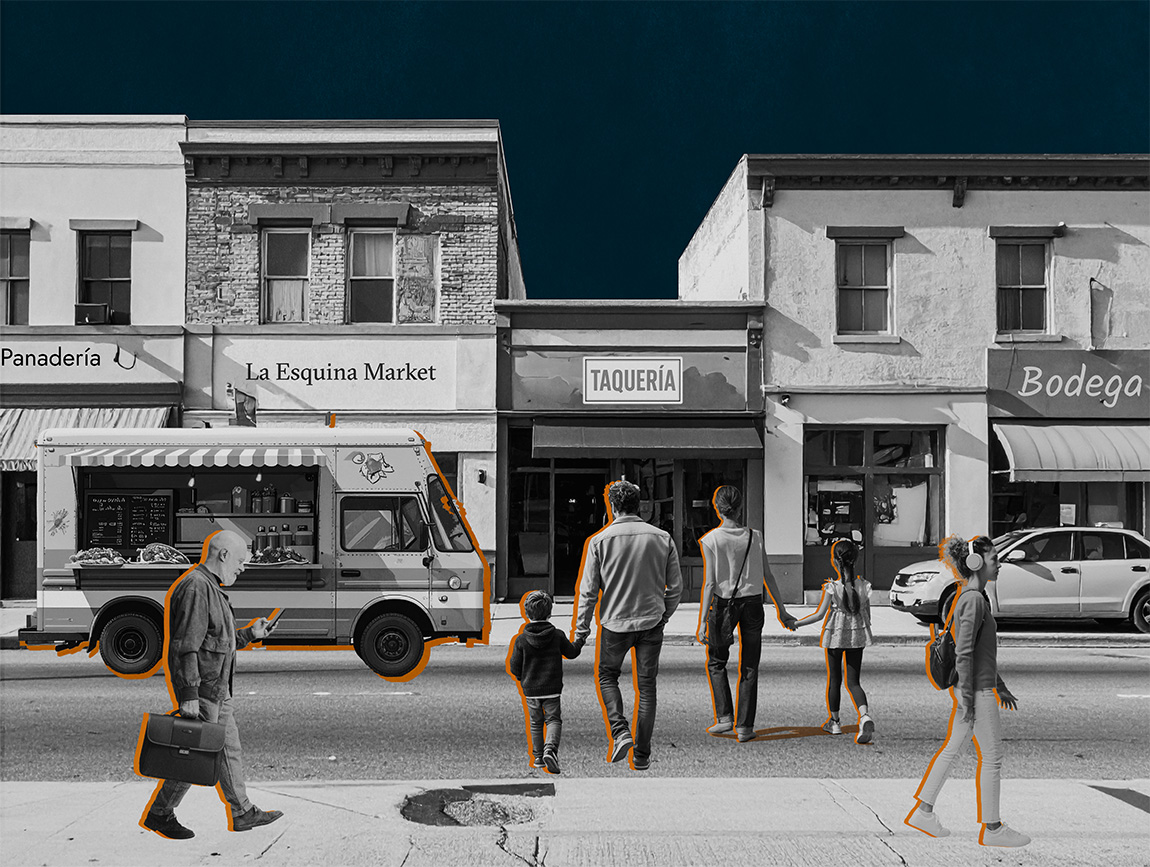
The Rise of Latino America
In The Rise of Latino America, Hernandez & Kotkin argue that Latinos, who are projected to become America’s largest ethnic group, are a dynamic force shaping the nation’s demographic, economic, and cultural future. Far from being a marginalized group defined by oppression, Latinos are integral to America’s story. They drive economic growth, cultural evolution, and workforce vitality. Challenges, however, including poverty, educational disparities, and restrictive policies, threaten their upward mobility. Policymakers who wish to harness Latino potential to ensure national prosperity and resilience should adopt policies that prioritize affordability, safety, and economic opportunity over ideological constraints.
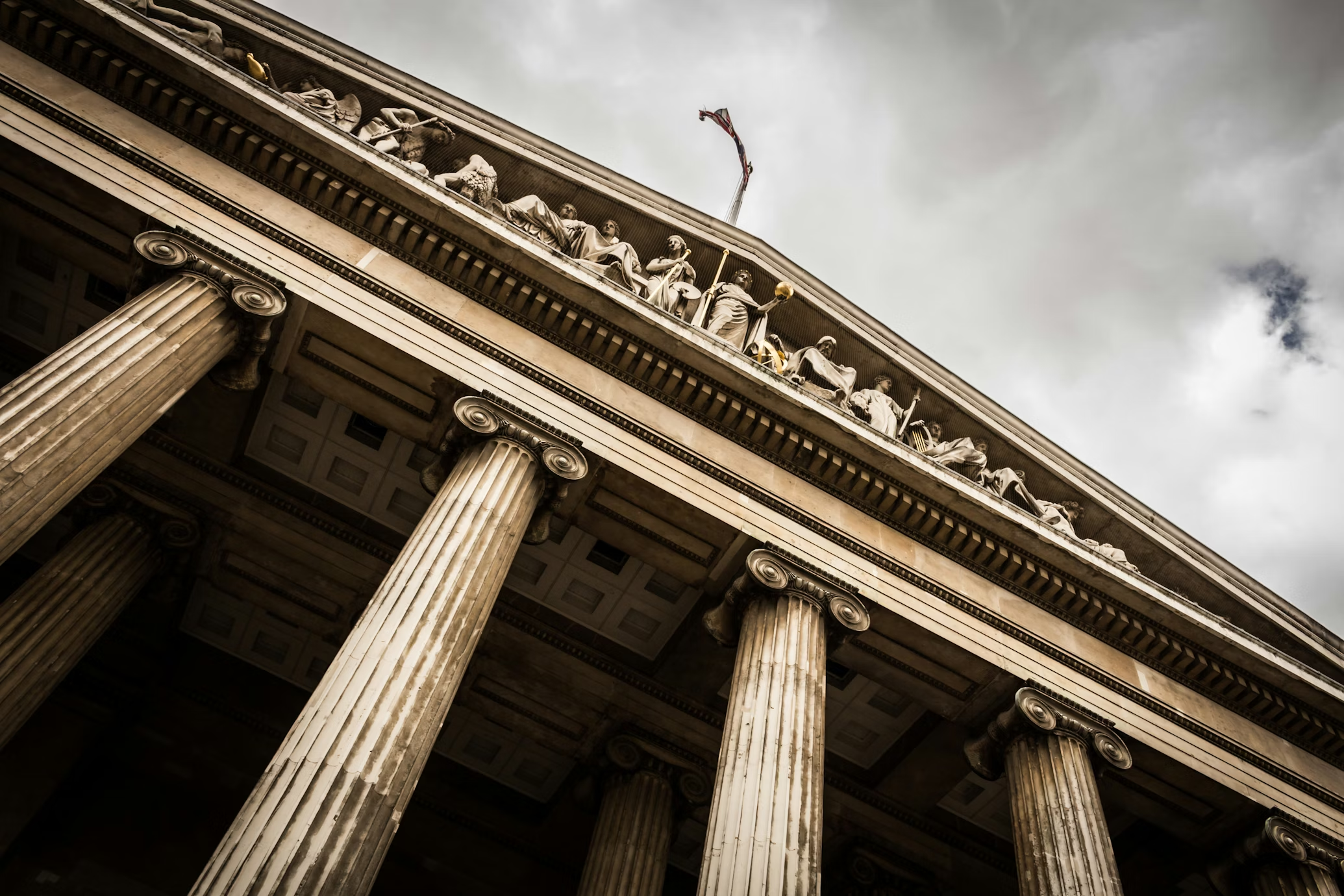
Richard Epstein on Roman Law and Sociobiology
How and why Roman law worked, how it eventually fell apart, and sociobiology as a way to explain the foundations and limits of legal norms.

The Original Sin of U.S. Health Care
As long as most Americans receive health insurance as an invisible, employer-managed fringe benefit, health care will remain expensive, opaque, and unresponsive.
.jpg)
The False Equivalence of Multicultural Day
Parents have an affirmative obligation to reinforce patriotic values and counter the narratives that are taught in school.


